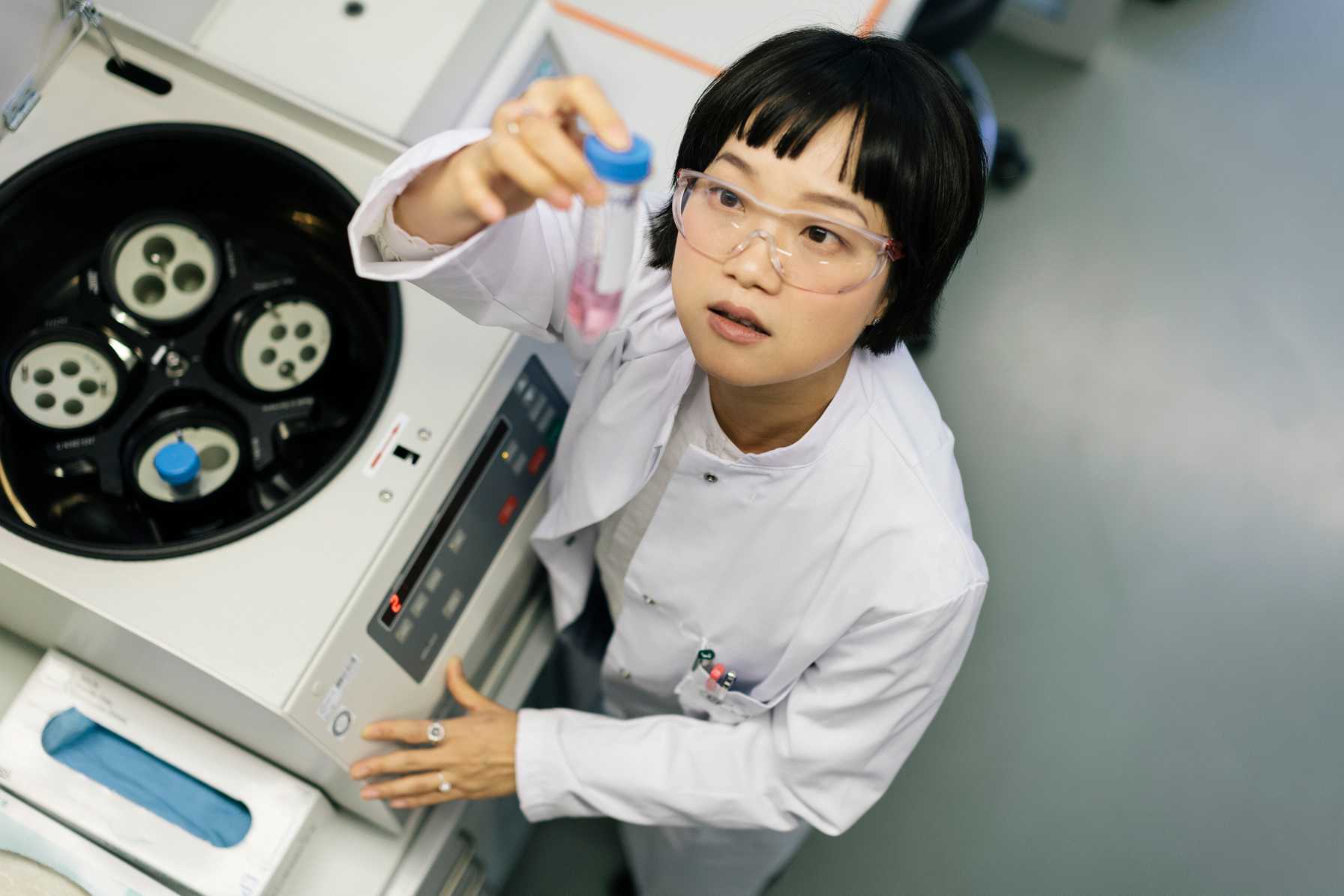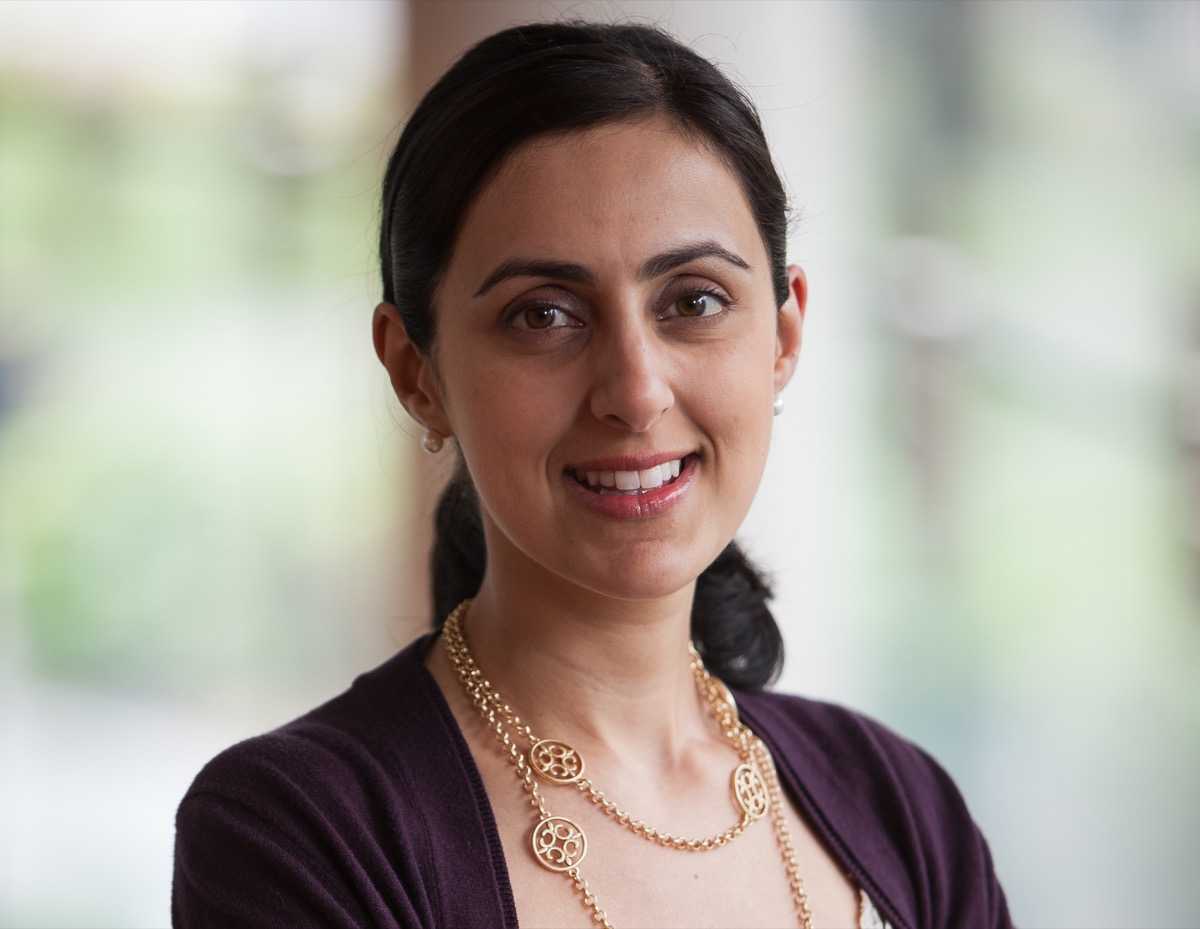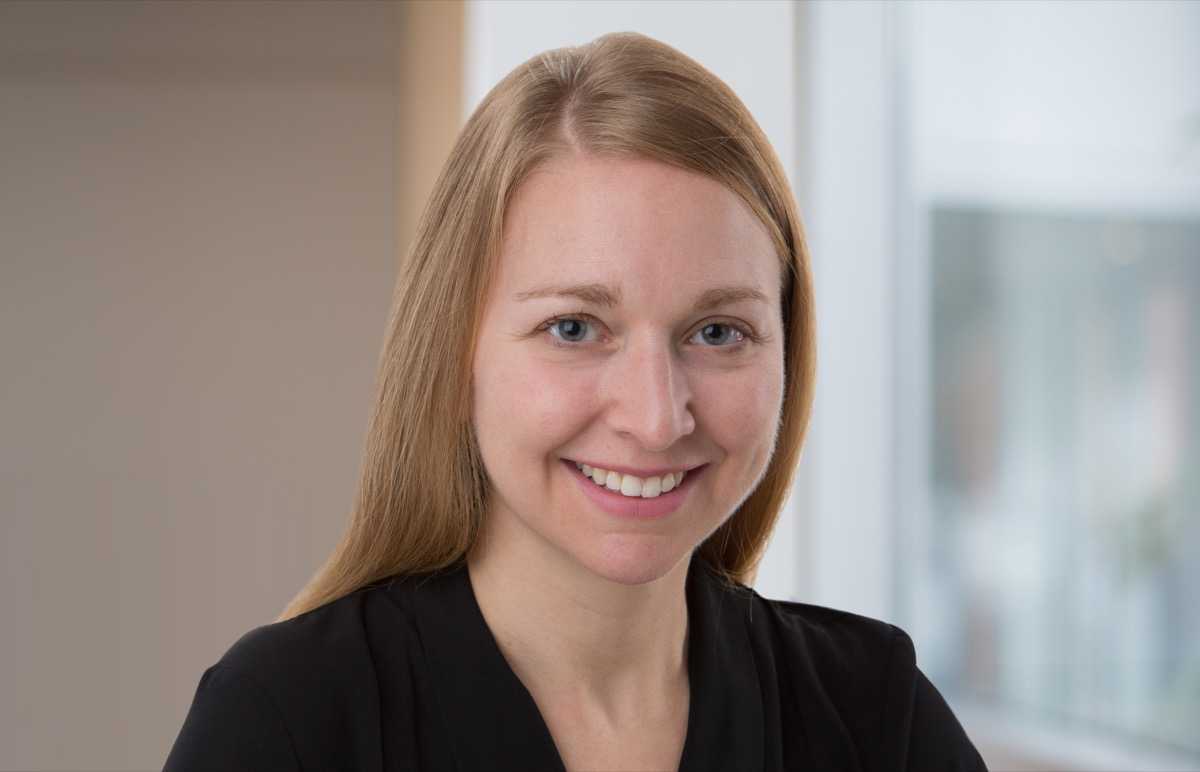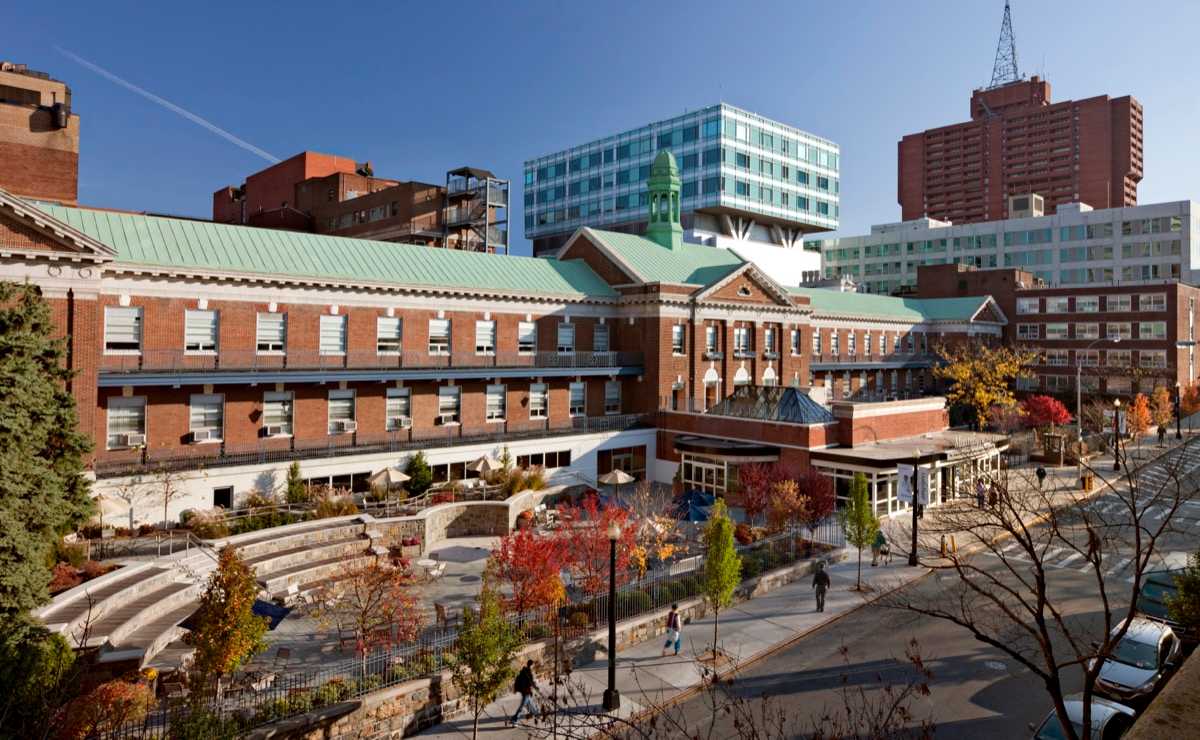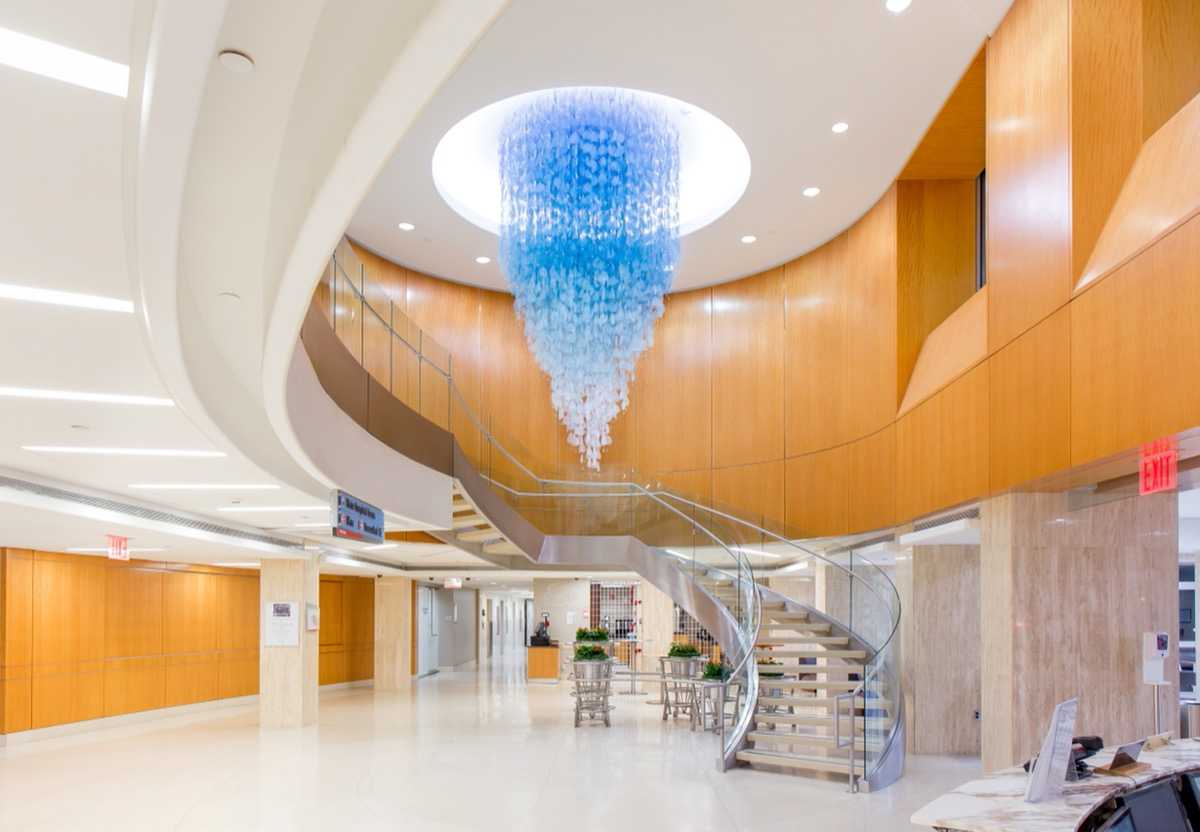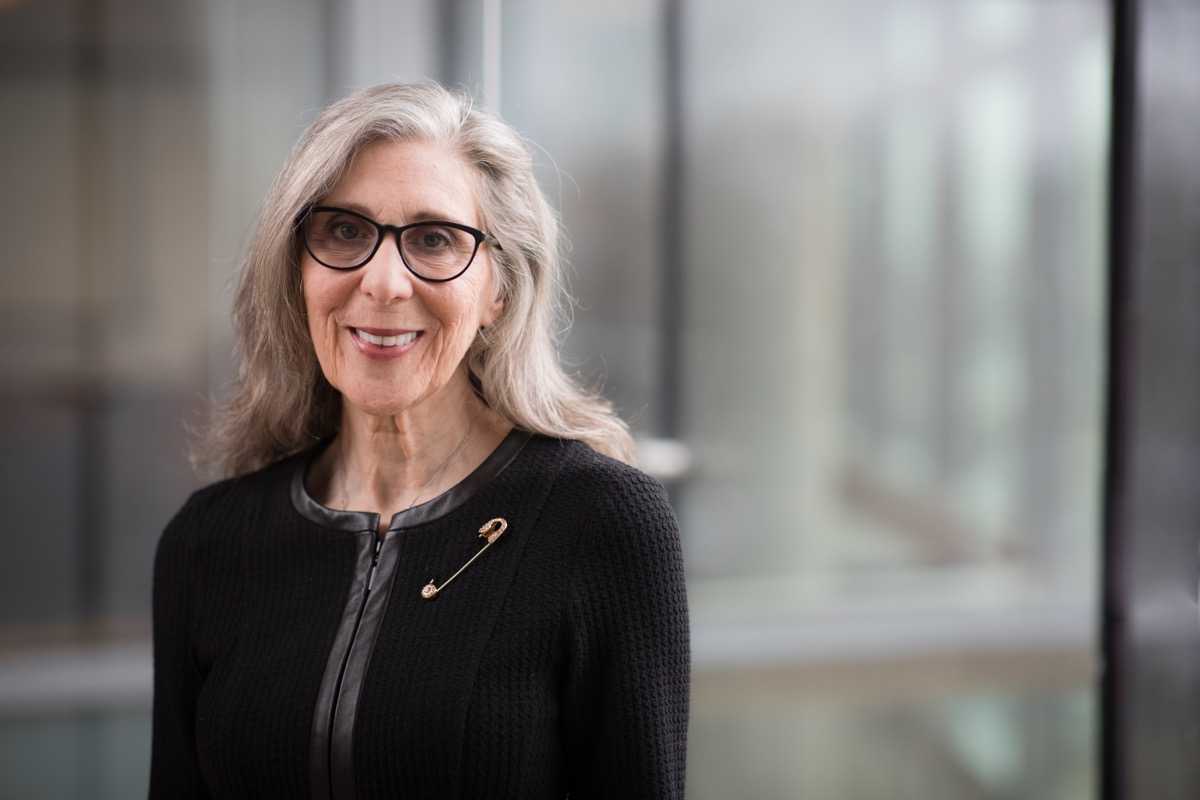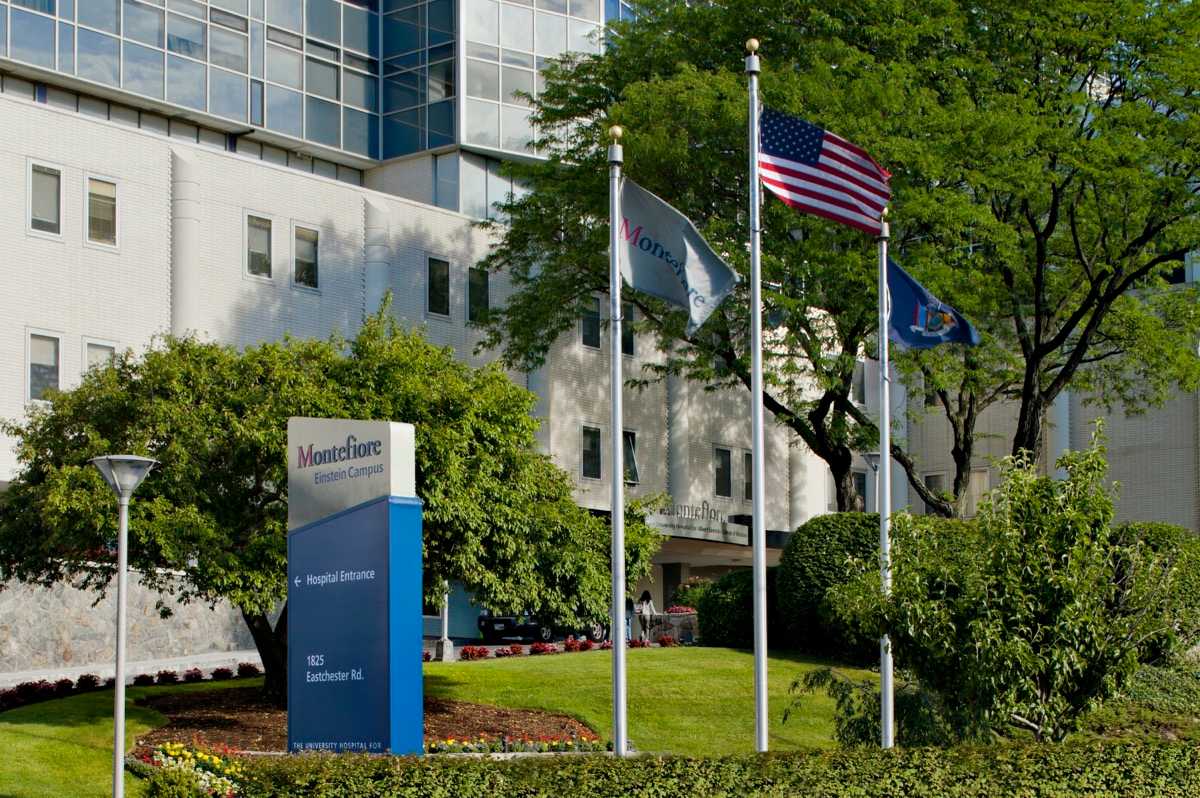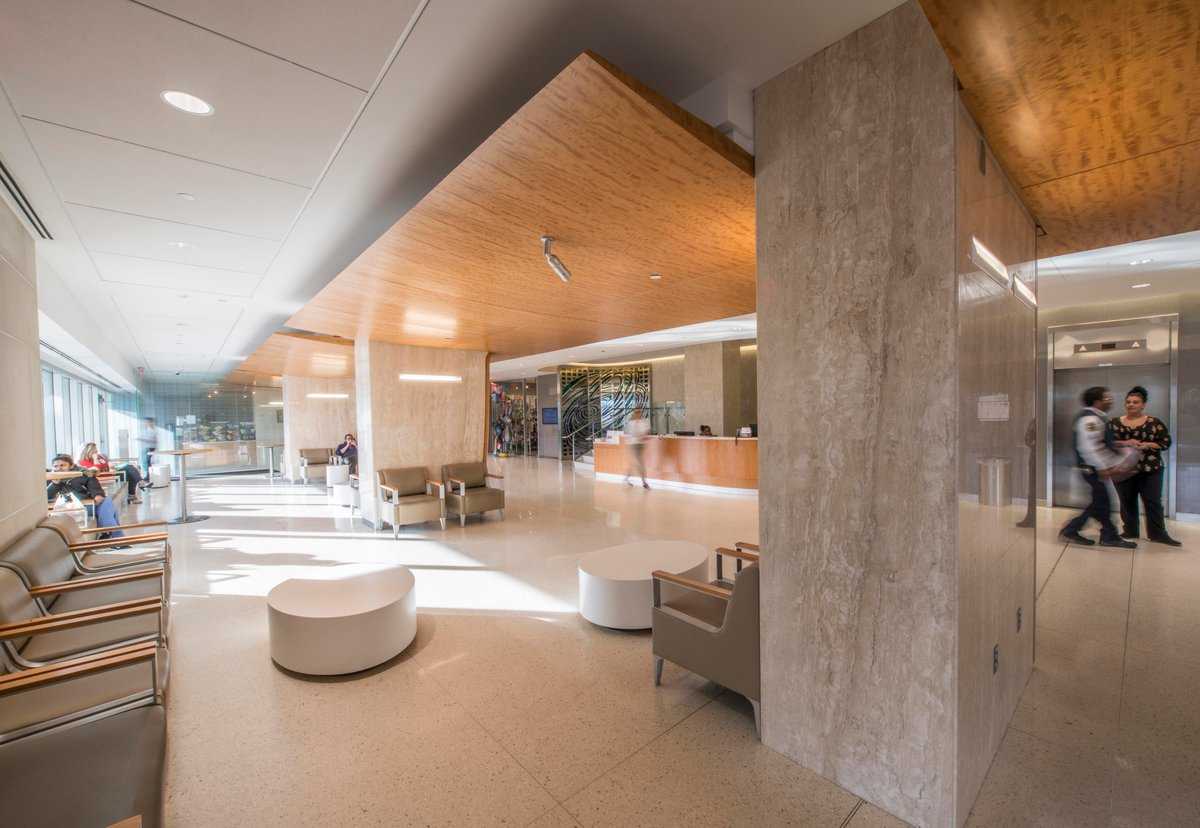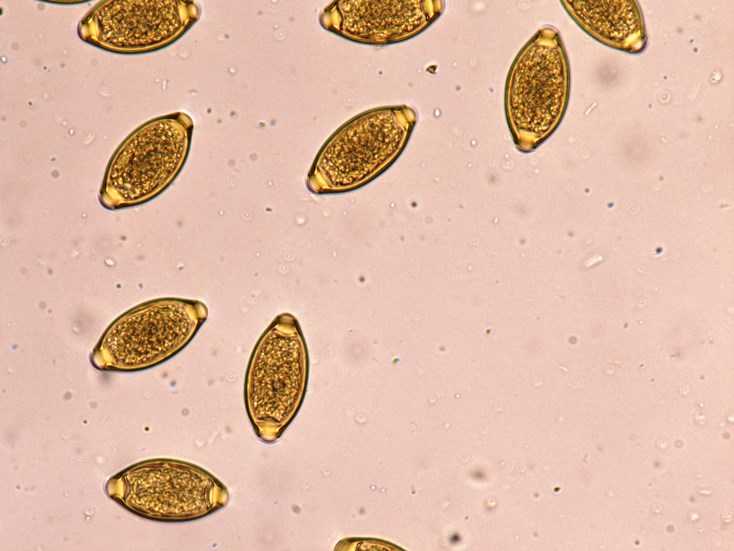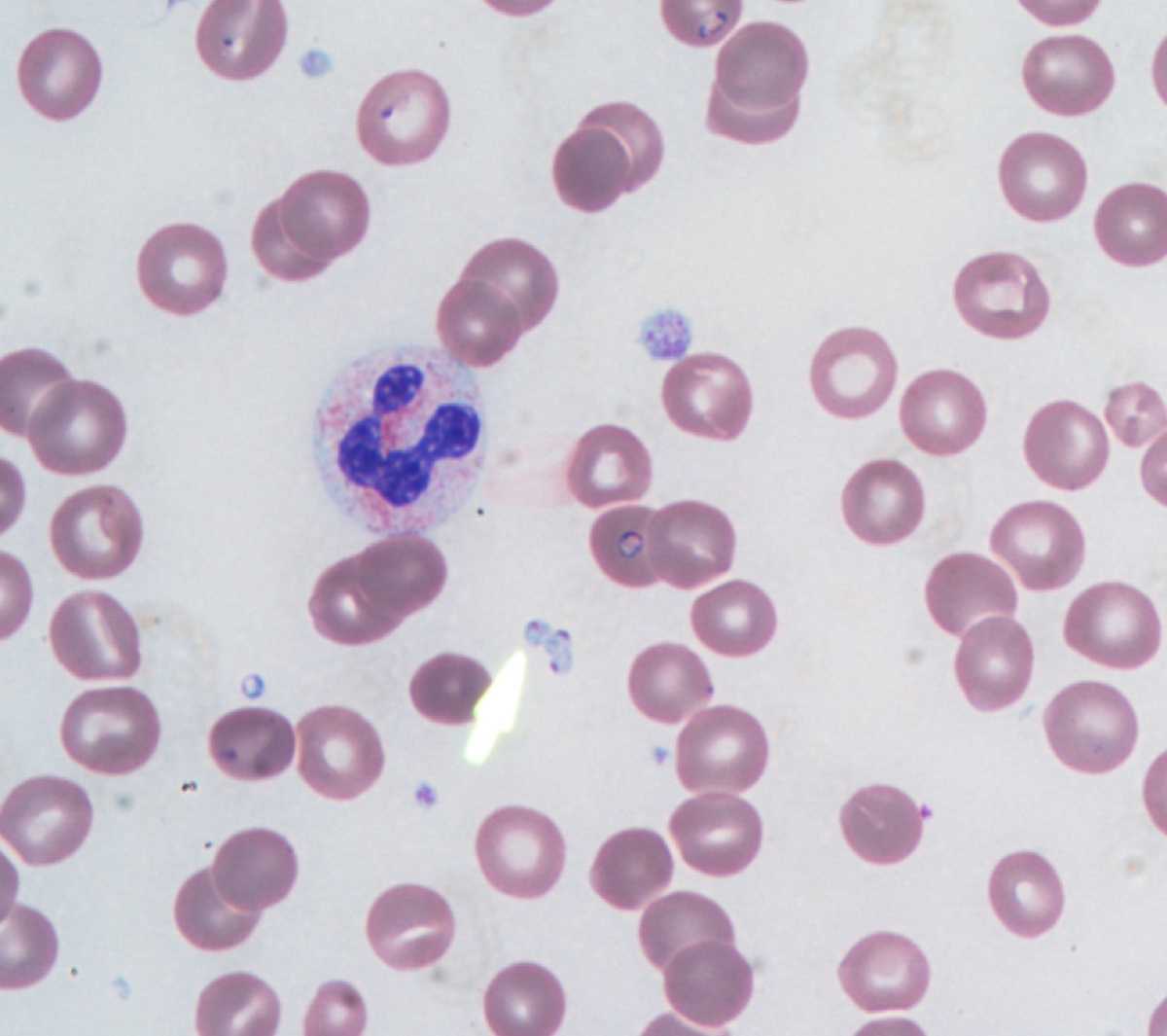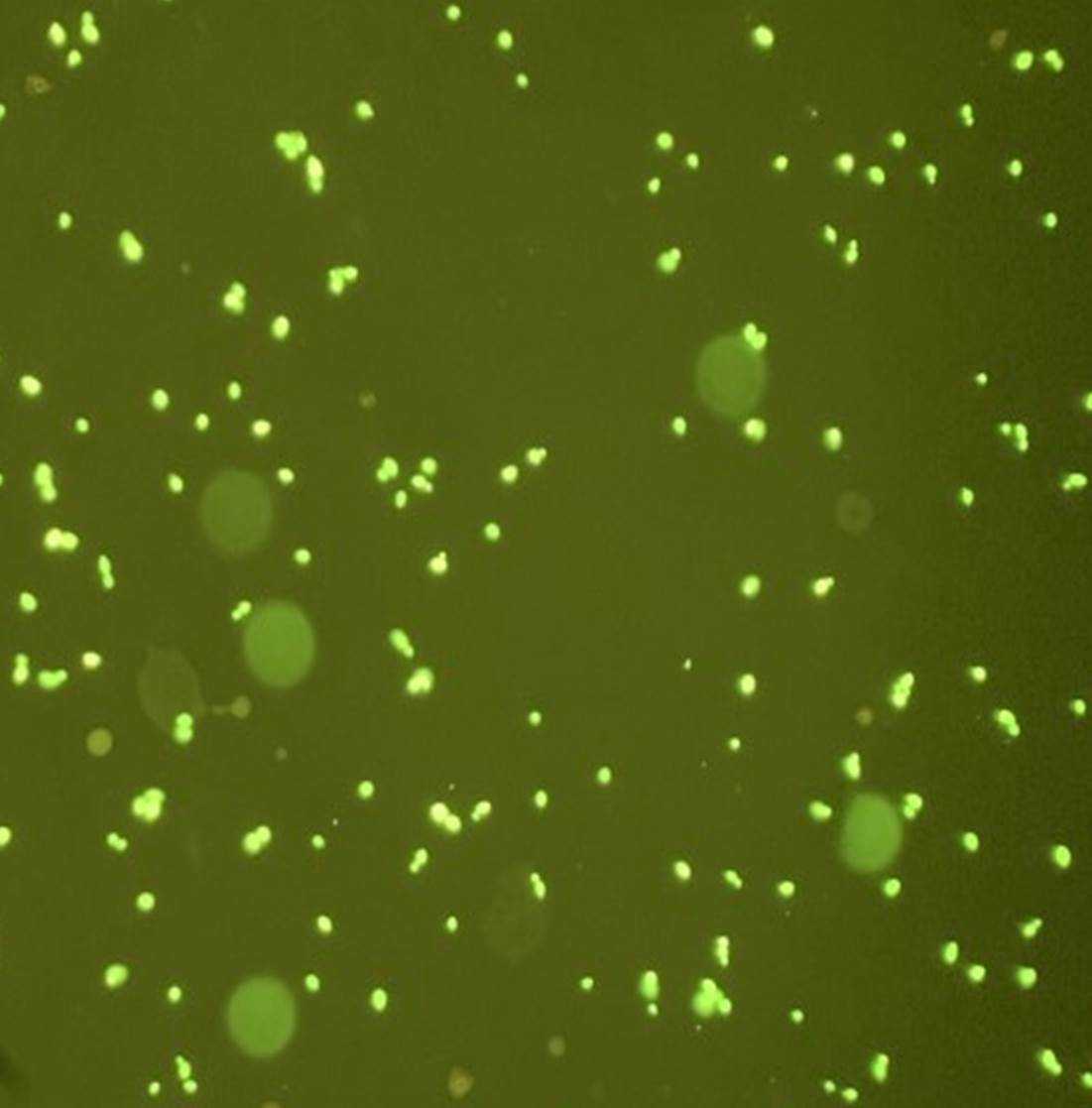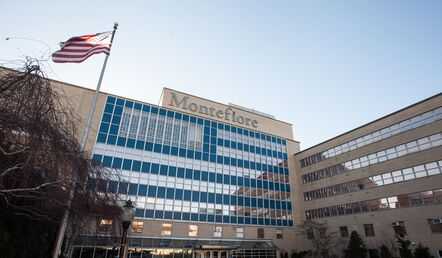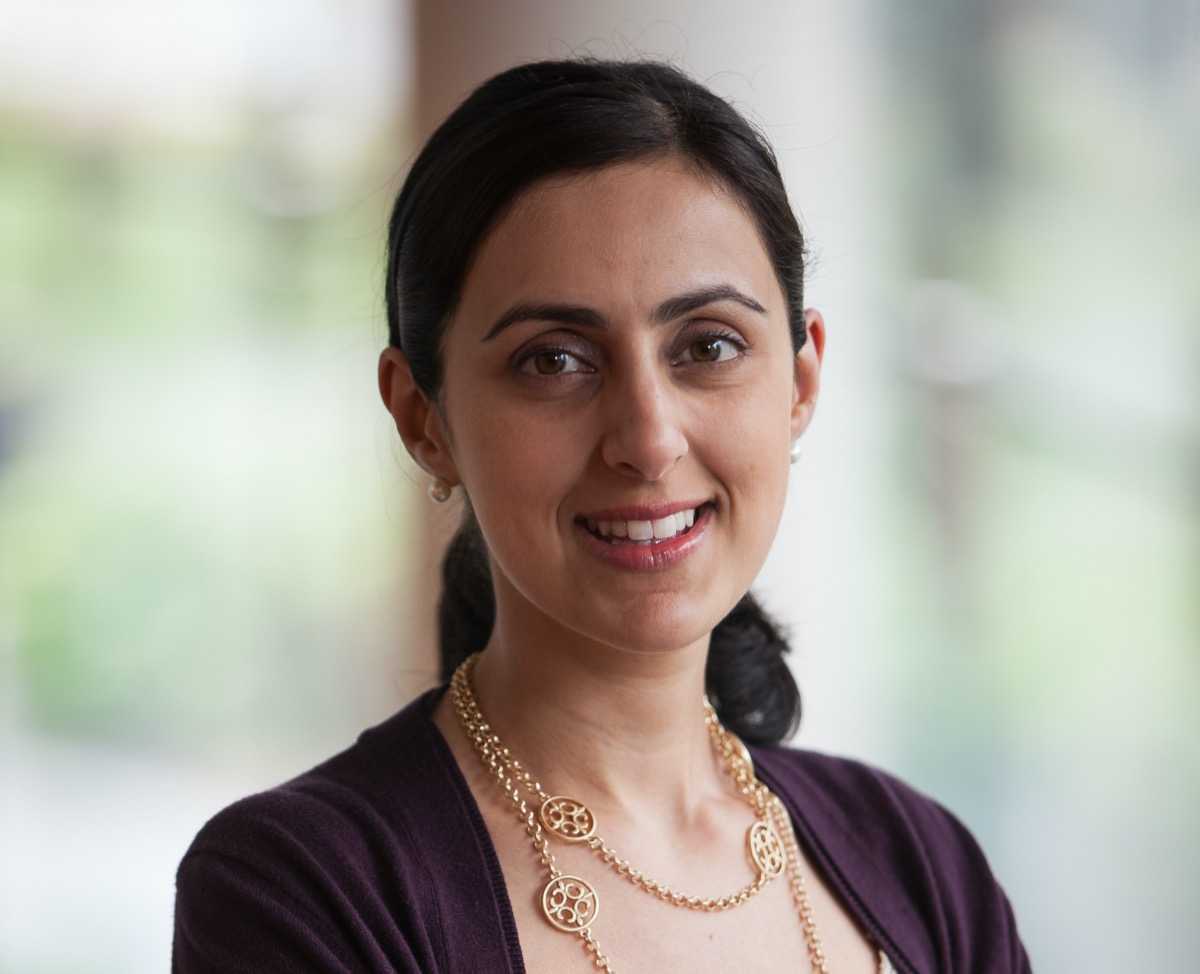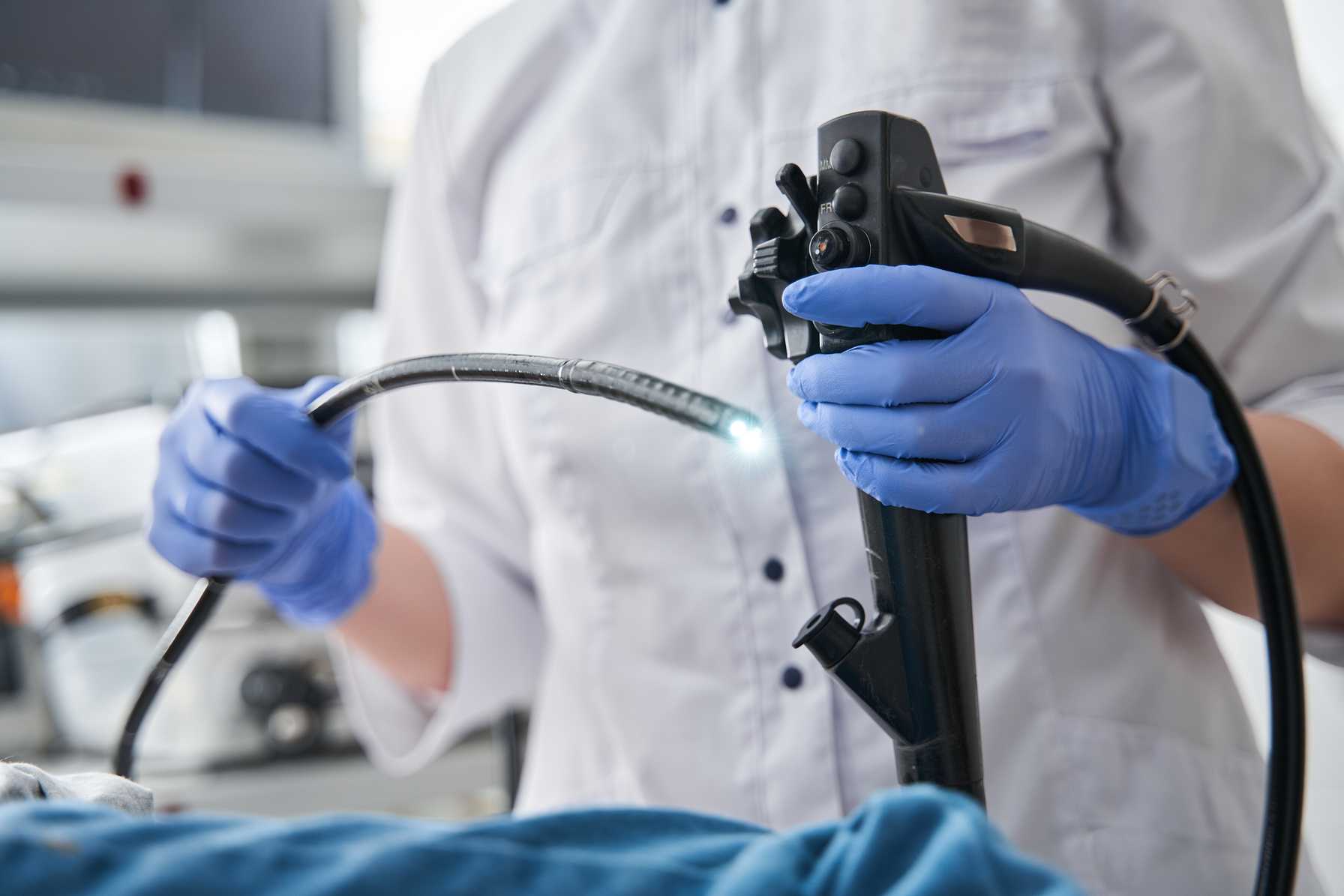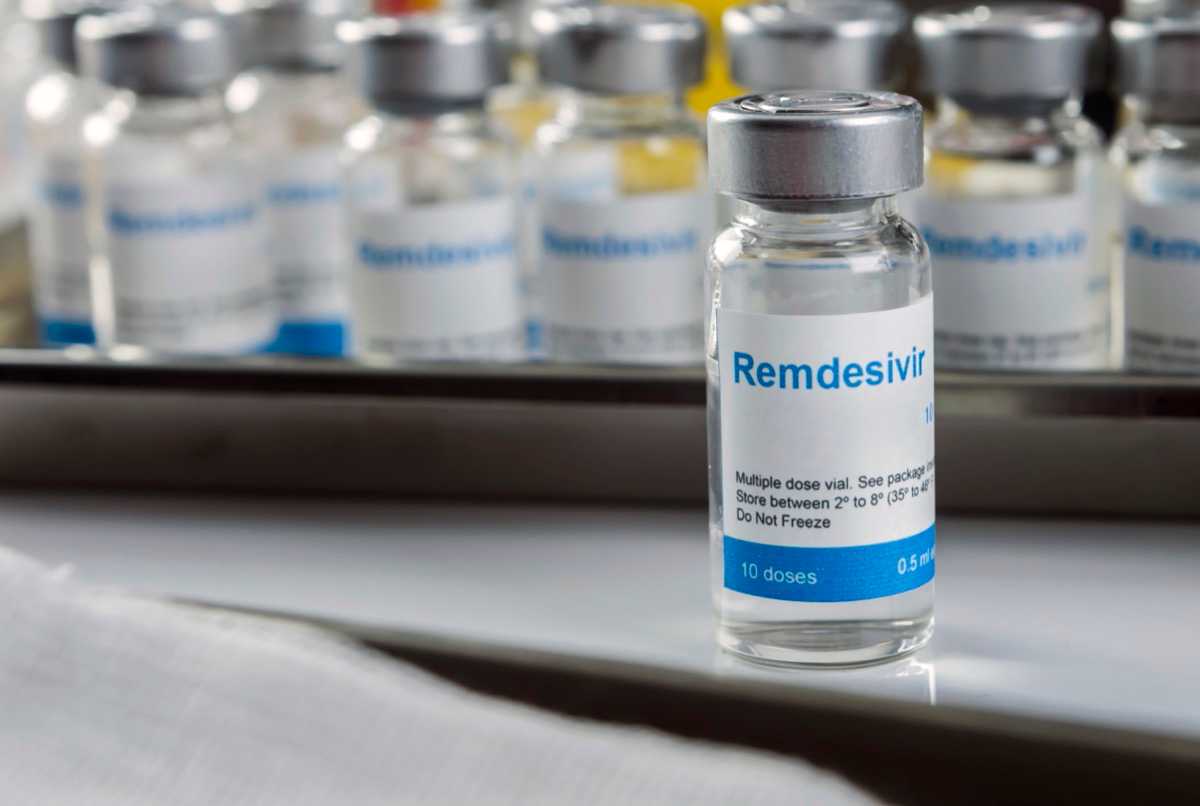Department of Medicine
Infectious Diseases Fellowship Program
Montefiore Einstein Infectious Diseases Fellows receive a broad and comprehensive two-year clinical and research training experience, with an optional third-year intensive research opportunity for those interested in pursuing a career dedicated to clinical, translational or laboratory research. Fellows see cases across all areas of infectious disease, including HIV, hepatitis C, transplant infections, multidrug-resistant infections, tropical medicine and more.
Priya Nori MD, Associate Program Director, Infectious Diseases Fellowship Program
Why our program could be right for you
The Infectious Diseases Fellowship Program prepares fellows for successful careers as scientific investigators, attending physicians and private practitioners. During first-year clinical training, each fellow performs more than 600 inpatient consultations, gaining clinical experience across the spectrum of infectious diseases, from community-acquired and nosocomial infections to HIV/AIDS, as well as with complications of transplantations and malignancies, infections from multidrug-resistant organisms, pediatric infectious diseases, travel medicine and global health.
Rachel Bartash, MD, Program Director, Infectious Diseases Fellowship Program
During the research and professional-development years, fellows participate in at least one intensive clinical, translational or basic science research project. Here, our dedicated faculty mentors perform cutting-edge research and bring fellows on board for outstanding training opportunities. Fellows also have the opportunity to undertake additional projects in quality improvement, medical education and other areas of interest.
We encourage fellows who are pursuing a career in intensive research to stay for at least three years of fellowship, so they can take on an intensive investigative project with an experienced research mentor and/or NIH-funded investigator. During these later years of fellowship, fellows train with a supportive faculty to strengthen their skills in research methods, study design, IRB navigation and critical appraisal of literature.
Moses Campus
At our main campus, fellows are immersed in every possible area of infectious disease study. The teaching faculty at the Moses Campus have diverse clinical and research expertise in HIV primary care, opportunistic infections, viral hepatitis, sexually transmitted infections (STIs), mycobacterial infections, solid-organ transplant, hematologic malignancies, bone marrow transplant and multidrug resistance. Moses is also home to the Center for Positive Living, one of the largest HIV primary care sites in New York, as well as Montefiore Oval Center, a sexual-health clinic specializing in prevention, screening and care.
Our program welcomes individuals who are passionate about infectious diseases and who will contribute to the field in all possible ways.
Liise-anne Pirofski, MD
Chief, Infectious Diseases
Jack D. Weiler Hospital, Einstein Campus
Jack D. Weiler Hospital is located in the Pelham Parkway section of the Bronx, adjacent to our medical school, Albert Einstein College of Medicine. Division Chief Dr. Liise-anne Pirofski holds teaching rounds here, as do many other faculty, including Dr. Josh Nosanchuk and Dr. Marla Keller. As leaders in basic science and translational research, Weiler teaching faculty are experts in many areas of infectious diseases, including tuberculosis and malaria, as well as viral, bacterial and fungal pathogenesis.
A world-renowned faculty
Working in New York City, we care for populations with infectious diseases from all over the world, like tuberculosis, parasitic infections and sexually transmitted infections.
Priya Nori, MD
Director, Infectious Diseases Fellowship Program
Faculty and scientists at the forefront of research
Fellowship Application Information
We’re seeking fellows who will shape the future of healthcare.
If you would like to apply to become an Infectious Diseases Fellow at Montefiore Einstein, here is some information to keep in mind.
- July 5, 2023—ERAS applications open to candidates
- July 19, 2023—ERAS applications open to fellowship programs
- September-October 2023—Virtual interview conducted
- November 15, 2023—Rank order list deadline
- November 29th, 2023—Match results announced
Have questions? Get in touch.
Priya Nori, MD
Director, Infectious Diseases Fellowship Program
pnori@montefiore.org
Ana Capellan
Coordinator, Infectious Diseases Fellowship Program
acapella@montefiore.org
